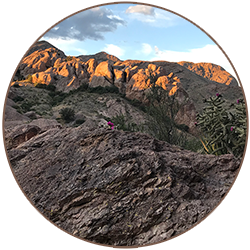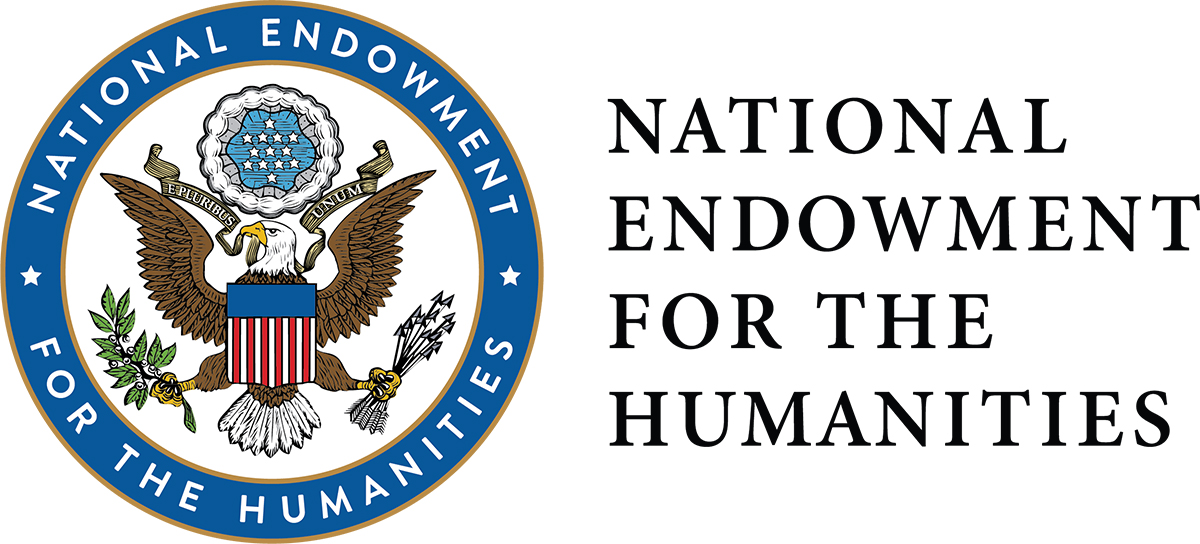 "Critical Approaches to Place: Teaching Narrative Mapping in Southern New Mexico" (CAP-NM) is a three-year curriculum development and community engagement initiative funded by the NEH Humanities Initiatives at HSIs program. It brings diverse faculty together to imagine courses and programs informed by humanities approaches to place, sustainability, and the environment at New Mexico State University (NMSU); a concurrent public lecture series is structured to enhance this work.
"Critical Approaches to Place: Teaching Narrative Mapping in Southern New Mexico" (CAP-NM) is a three-year curriculum development and community engagement initiative funded by the NEH Humanities Initiatives at HSIs program. It brings diverse faculty together to imagine courses and programs informed by humanities approaches to place, sustainability, and the environment at New Mexico State University (NMSU); a concurrent public lecture series is structured to enhance this work. Environmental and place-based themes are often framed vis-à-vis “problems that require address by STEM disciplines, but the humanities offer essential insights into place, the environment, and entanglement of related issues with cultural dynamics and power imbalances. Global environmental challenges encapsulated by the designation of the “Anthropocene,” a proposed geologic epoch that marks human impact on the Earth, have facilitated a burgeoning of geohumanities and aligned environmental humanities research, but organized pedagogical programs in this vein remain relatively few.
While environmental challenges such as climate change are global in scope, they play out in particular ways in particular places. NMSU provides an ideal location for developing new humanities approaches to teaching and theorizing place. NMSU and Las Cruces, NM are situated in the Chihuahuan Desert, where sustainability issues such as water use, agriculture, and the urban heat island effect are of critical importance—and are intertwined with social challenges along the US/Mexico border.
NMSU is a land-grant, Hispanic-Serving Institution with a strong history of educational outreach and successful partnership with local businesses and non-profits, which positions us to promote the importance of public conversations when developing new geohumanities and environmental humanities methods and curricula.
